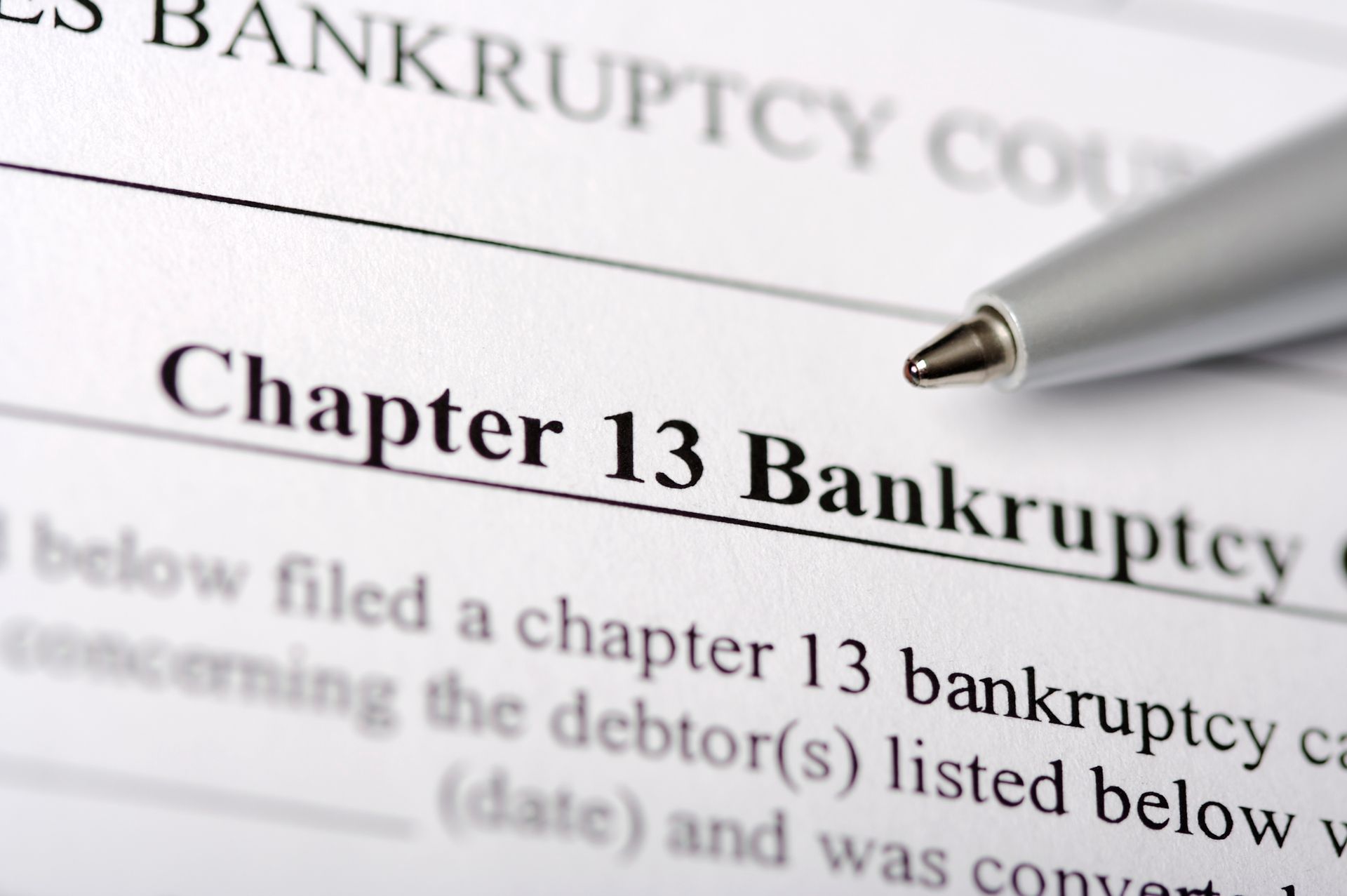How the Government Shutdown Could Affect Your Mortgage

As of October 1st, the US federal government has entered a shutdown. Our elected representatives must vote to approve a budget that outlines how government funds and taxpayer dollars will be spent. If these representatives cannot agree on a budget by the deadline, our government will go into a shutdown. Any federal government operations not deemed "essential" will cease for the duration of the shutdown. Services like Social Security, defense, and veterans' benefits will continue to function, but federal museums and zoos, as well as national parks and monuments, will cease operations.
While the impact of this shutdown will hit everyone differently, it could affect those with a mortgage or seeking one. If you are looking to finance a new home, refinance your current mortgage, or make payments on an existing mortgage, here is what you should know about the impact of the government shutdown.
New Mortgages
Those trying to originate a new mortgage during the government shutdown may experience slight delays, but should ultimately still be able to secure a mortgage. But even a delay can be frustrating during real estate transactions. The longer the shutdown drags out, the longer the delays may be.
Still, the Department of Housing and Urban Development (HUD) will continue to process FHA loans, and the Department of Veterans Affairs (VA) will also continue in its capacity as a loan originator. Fannie Mae and Freddie Mac are government-sponsored enterprises, but they operate independently of the government. Operations for both are expected to continue as usual, with some slight delays.
However, there are specific instances in which folks seeking a mortgage could face challenges getting approved during the federal government shutdown. Those issues include:
1. Getting Required Documentation
Getting documentation from the government that is required for your mortgage loan application could be more difficult during the shutdown. While the IRS operated normally for the first five days of the shutdown, that time has passed, and the IRS is now operating under a contingency plan. This plan prioritizes "essential" work. So, if you need documentation from the IRS for your mortgage application, it may take longer than usual to complete the paperwork, delaying your financing and possibly resulting in a lengthy closing process.
The IRS and other government entities have many automated systems that allow you to get some documents, such as tax transcripts. Other documents, like payoff letters, federal tax liens, or documents that require human processing, will typically be delayed.
2. Flood Insurance
Depending on where you live, you may be required to obtain flood insurance in order to qualify for a mortgage. NJ is surrounded by water, with about 90% of NJ's border touching water. This means that NJ residents are more likely to live in a flood zone than residents in other landlocked states. Those in NJ who live within Special Flood Hazard Areas—those beginning with the letter A or V as identified by the Federal Emergency Management Agency (FEMA)—will be required to carry flood insurance to have a mortgage.
For many, the National Flood Insurance Program (NFIP) is the most affordable and accessible source for flood insurance. During the shutdown, the NFIP will continue to service existing policies, but no new policies will be issued. If you have an existing flood insurance plan through NFIP and you are expecting to close on a refinance, some lenders may accept a copy of your flood insurance declarations page to certify that you have flood insurance.
3. Government Employee Challenges
If you or your partner are employed by the federal government and you are currently experiencing a loss of income or have been furloughed, obtaining a mortgage can be tricky. Not only can it be challenging to verify employment and income during the shutdown, but your finances may also be changing as you navigate this difficult financial time. If you are a government employee unprepared to face the loss of income with the shutdown, you may find you need to rely on savings intended for a down payment.
If you do not have savings, you may even find yourself taking on debt to make ends meet during the shutdown. As your financial circumstances change, so does your ability to qualify for a mortgage. Some mortgage lenders may not even recognize your employment during the shutdown, even if you are continuing to work without pay. Other lenders will count those affected by the shutdown as maintaining employment for qualification purposes.
Government Delays Can Push NJ Closing Timelines
Most NJ real estate transactions will close within 30 to 45 days. While delays can occur even in typical circumstances, a government shutdown can create even greater delays for those looking to close on a new property. You could face delays of 2 to 4 weeks, depending on the specific government agencies you need to work with and how far into the shutdown we are when you try to purchase your home.
There are, however, things you can do to reduce your risk of delay throughout the government shutdown. NJ home buyers and sellers should take the following steps for a smoother closing process.
- Add buffer time to your contract: Working with a real estate attorney, you can include an extension clause that specifically cites expected federal delays. This can give you and other parties extra time to meet timeline requirements if you hit roadblocks due to the government shutdown.
- Determine your loan path early: If you know you are likely to use an FHA, VA, or USDA loan to finance your home purchase, be proactive about working with your lender. Reach out to the entity to see what their contingency plan is for dealing with the shutdown. Ask for their advice on the best path forward and determine whether alternative processes are available.
- Get flood insurance early: If the property you are buying is in a flood zone, initiate the flood insurance process early to avoid delays in coverage.
- Submit all documentation early: Do not wait until right before a deadline to reach out to federal entities for documentation. Since delays are expected, gathering your documentation early in the buying or selling process can help you avoid delays due to the shutdown.
- Communication: Keep in touch with your lender, title company, real estate agent, attorney, and other stakeholders. If you know there will be a delay, inform everyone as soon as possible. Keeping all parties informed and on the same page can help prevent further delays in your closing.
Working With an NJ Real Estate Attorney
When you work with an NJ real estate attorney like Veitengruber Law, you can avoid hitting roadblocks on the path to closing on your real estate transaction. An attorney can guide you through issues and help you find alternative verification paths during the mortgage approval process. An attorney can help you stay on schedule for closing, so if you encounter any snags due to the shutdown, your closing is more likely to proceed as planned.
Real estate transactions are complex financial and legal processes on a typical day. When you add a government shutdown to the mix, it can turn into a stressful and frustrating experience. If you have been experiencing closing delays due to the federal shutdown, Veitengruber Law can help. Reach out to us today to get back on track to closing on your New Jersey home.










